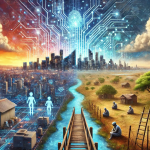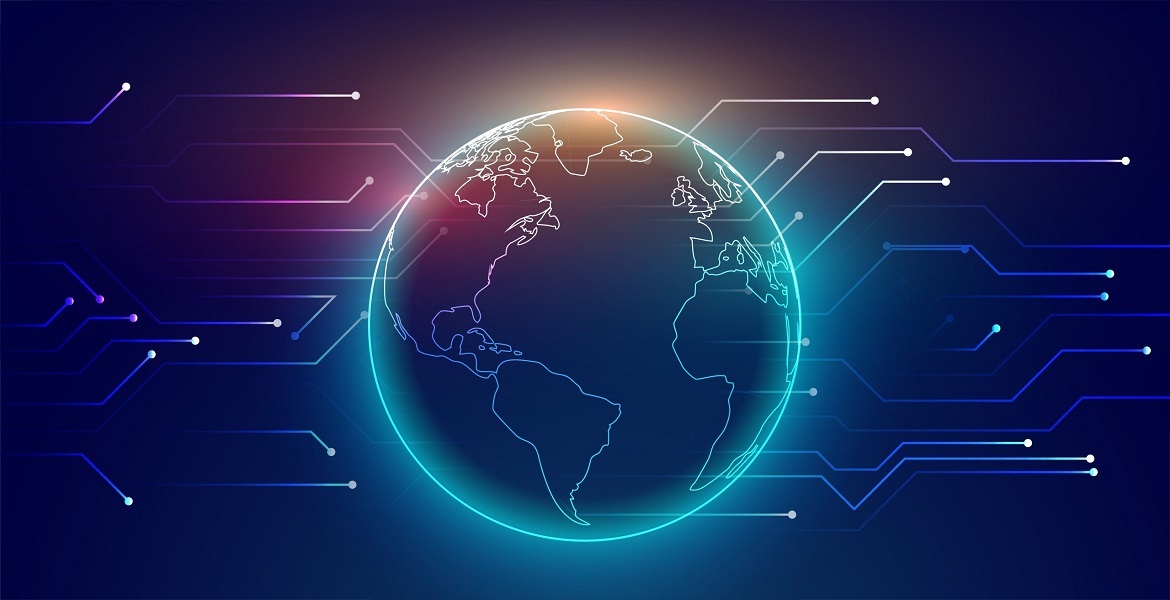Introduction
The rise of the metaverse has ignited a technological revolution that extends beyond gaming and entertainment, merging innovation, celebrity culture, and political strategy. Once a futuristic concept, it now stands as a powerful digital ecosystem that redefines how people connect, work, and influence.
As major corporations, global leaders, and public figures explore its potential, the metaverse is becoming a new arena of economic opportunity and geopolitical competition. This virtual space, where digital assets and avatars hold real value, is reshaping the dynamics of fame, governance, and global communication.
The Technological Evolution of the Metaverse
At its core, the metaverse represents the convergence of virtual reality, artificial intelligence, and blockchain. It allows users to interact in shared 3D environments that mimic or expand upon the physical world. Tech giants like Meta, Apple, and Nvidia are investing billions to create immersive experiences that may eventually replace traditional social media.
This technological evolution is not limited to innovation—it’s transforming economies. Digital real estate, NFTs, and virtual goods have become lucrative industries. As users build digital lives, the boundaries between online identity and real-world value continue to blur.
Celebrities Redefining Fame Through Virtual Reality
Celebrities are at the forefront of this new digital frontier. From hosting virtual concerts to launching NFT collections, artists like Ariana Grande, Justin Bieber, and Snoop Dogg are using the metaverse to connect with fans on a global scale. These immersive experiences provide audiences with unprecedented levels of interaction and engagement.
However, the rise of virtual fame also raises concerns about authenticity. As digital avatars and AI-generated performances become more lifelike, the distinction between real and simulated experiences grows thinner, leading to debates about artistic integrity and the future of human connection.
The Political Implications of a Virtual Economy
The metaverse is not just entertainment—it’s a new economic system with profound political implications. Governments are now exploring ways to regulate digital property, taxation, and online governance in these virtual spaces. The race to control the rules of this emerging world mirrors historical struggles for territorial and economic dominance.
Nations like South Korea and the United Arab Emirates are already developing national strategies for metaverse integration. As global powers compete for digital sovereignty, the question of who governs virtual spaces becomes central to 21st-century politics.
Global Inequality in the Digital Frontier
While the metaverse offers innovation and opportunity, it also risks deepening global inequality. Access to advanced hardware, high-speed internet, and digital literacy remains limited in many parts of the world. The same technological divide that separates nations in the physical world is being replicated in the virtual one.
Experts warn that without inclusive policies, the metaverse could become an exclusive domain of the wealthy and technologically advanced. Ensuring global access to digital participation is essential to prevent a new form of social and economic segregation.
AI, Data, and the Question of Privacy
Artificial intelligence powers much of the metaverse experience, from avatar customization to behavioral analytics. Yet this convenience comes at a cost—massive data collection. Every movement, conversation, and purchase within the virtual space generates valuable information that can be monetized or manipulated.
This has sparked growing concerns about privacy and digital ethics. Governments and watchdog organizations are urging tech companies to establish clear guidelines on data protection to prevent exploitation and safeguard users’ virtual identities.
The Future of Governance in Virtual Worlds
As the metaverse expands, traditional political systems must adapt. Questions about digital citizenship, property rights, and law enforcement in virtual environments are becoming increasingly relevant. Should virtual crimes be treated like real ones? Who enforces laws in decentralized spaces? These debates define the next frontier of governance.
Some experts predict the emergence of virtual governments or global digital alliances to oversee ethical conduct and ensure fair economic participation. In this new paradigm, diplomacy might be conducted through avatars, and elections could take place entirely in virtual reality.
FAQs
What is the metaverse?
The metaverse is a shared digital space combining virtual reality, artificial intelligence, and blockchain technology where users can interact and create immersive experiences.
How are celebrities using the metaverse?
Celebrities host virtual concerts, release NFT art, and build digital communities to engage fans and expand their personal brands.
Can governments regulate virtual worlds?
Yes, many countries are exploring digital laws and tax systems to manage economic activity and protect users in virtual environments.
What are the biggest concerns about the metaverse?
Data privacy, digital inequality, and the ethical use of AI are among the leading challenges of the growing virtual economy.
Will the metaverse replace the real world?
Not entirely, but it will likely coexist with physical life, becoming an essential part of work, entertainment, and communication.
Conclusion
The metaverse represents the next evolution of human connection—a world where technology, culture, and politics converge. It offers unlimited creative potential and economic promise but also introduces complex ethical and social questions that humanity must address.
As global leaders, innovators, and celebrities continue to shape this digital landscape, the metaverse will redefine the boundaries of power and identity. Its success will depend on how society balances progress with fairness, ensuring that this new world remains not just innovative but also inclusive and humane.









